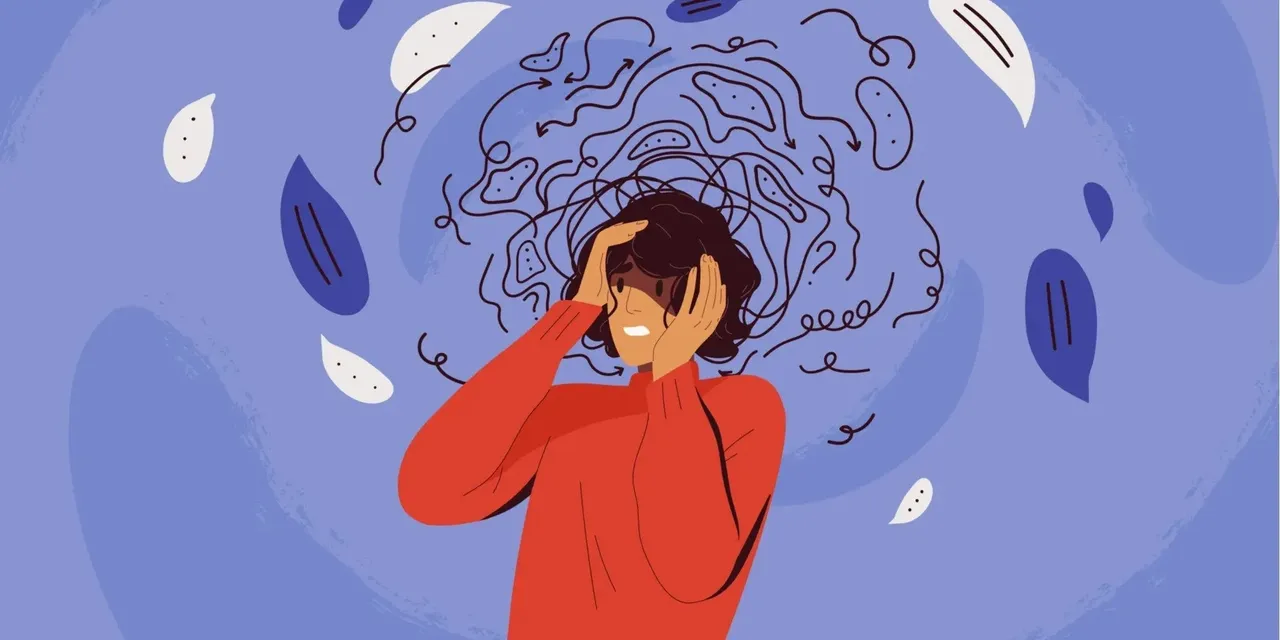An estimated 264 million individuals live with depression and/or anxiety worldwide, making these two the most common mental health disorders. Anxiety and depression often go hand in hand and although they are not identical emotional states, they often coexist as they can be caused by the same or similar factors.
Symptoms often include fatigue, difficulty concentrating, irritability, persistent feelings of worthlessness, and can even manifest as physical symptoms like rapid heartbeat/headaches. If left untreated, these conditions can be life-altering.
There are four classes of drugs currently considered first-line treatments for the majority of depressive disorders. The Selective Serotonin Reuptake inhibitors (SSRIs), Serotonin Norepinephrine Reuptake Inhibitors (SNRIs), Norepinephrine-Dopamine Reuptake Inhibitors (NDRIs), and tricyclic antidepressants all have large stakes in the pharmaceutical landscape.
One in every ten Americans is currently on one or more of these first-class agents. While they all mechanistically differ, they share a common goal: altering chemical messenger levels in the brain to improve our mood. Serotonin and other neurotransmitters, like dopamine, play a tremendous role in mood and are the first substances tinkered with medicinally to manage depression/anxiety.
Unfortunately, these drug classes do have their limits. It is difficult to wean off antidepressants and can be harmful to the patient if discontinued abruptly. Most antidepressants contain a black box warning where the use of these medications may increase the risk of suicide. Benzodiazepines in generalized anxiety disorders are limited by their potential for abuse and increased risk of oversedation.
The shortcomings of current pharmaceutical options have led many to consider cannabis as an alternative solution. Studies of the endocannabinoid system suggest a potential role for cannabis in symptom management. Cannabis treatment for mental health conditions is never intended to replace therapy regimens, but offer an alternative avenue for symptom relief.
Choosing Products for Anxiety
When using cannabis to manage anxiety, it can take some time to find the right fit. CBD is shown to be effective in treating mild to moderate anxiety. For patients new to cannabis, CBD is a great introduction as it does not have the psychoactive effects of THC. It is very mild and, if not strong enough, can be combined with other cannabinoids like CBN or THC for increased relaxation.
Ideal strains for anxiety are products with a 5:1 ratio of CBD:THC, while more severe symptoms can be treated with a 3:1 or 2:1 CBD:THC product. Patients should be advised to tread carefully when utilizing THC formulations. High doses of THC may be anxiety-inducing and worsen symptoms. Sativa strains are the most likely to worsen symptoms, leaving indica and hybrid strains as the best options.
Cannabis-naïve patients should start with no more than 2.5-5mg of THC if going the THC-route and wait 10-15 minutes before increasing their dose for inhaled/sublingual formulations and 90 minutes for oral products. Naturally occurring chemical compounds known as terpenes are found in cannabis and can be effective in enhancing anxiety relief. Some terpenes to look for in high percentages are limonene, linalool, and myrcene.
Choosing Products for Depression
Mood elevation is the most common relief sought for patients with major depressive disorder. A 2.5 mg dose of THC—just over the threshold of psychoactivity—and up to 5 mg, inhaled or taken sublingually, may be useful in shifting mood. Light doses of CBD (5 to 10 mg) are recommended for anxiety-accompanying depression.
If insomnia-related symptoms are present, higher initial doses up to 7.5 mg can be taken orally, one hour before bedtime. Smoking and vaping for mild depression or depressed mood can be effective, since the patient learns to titrate the proper dose. Both inhaled CBD and THC can be helpful in lifting mood and mitigating similar symptoms, such as negative “self talk”.
Similar to anxiety, the terpenes most likely to offer greater antidepressant effects include limonene and linalool. These are anxiolytic substances that leave patients with a calming mindset. A terpene to avoid in these patients is pinene. Studies suggest pinene may interfere with memory remodeling and fear extinction.
Product Recommendations
Summit CBD Pure Vape 5:1 (CTPharma) 0.5g
This CBD:THC vape is a great option for patients looking for a product with a small amount of THC. “Casino Cookies” has some great relaxing effects and the higher concentration of CBD is a great starting product for cannabis naïve patients.

Purple C231 T243 Slim (Curaleaf) 0.5g
Girl Scout Cookies is a fantastic indica strain known for its pungent, dessert-like aroma & flavor profile. The combination disposable is a great selection for both daytime and nighttime relief.

CBD High Potency Drops C742 (CTPharma)
This CTPharma tincture offers a high dose of CBD-isolate in a small volume. Each dropperful (1 ml) contains 49 mg CBD, and is a great oral option for quick anxiety relief.


